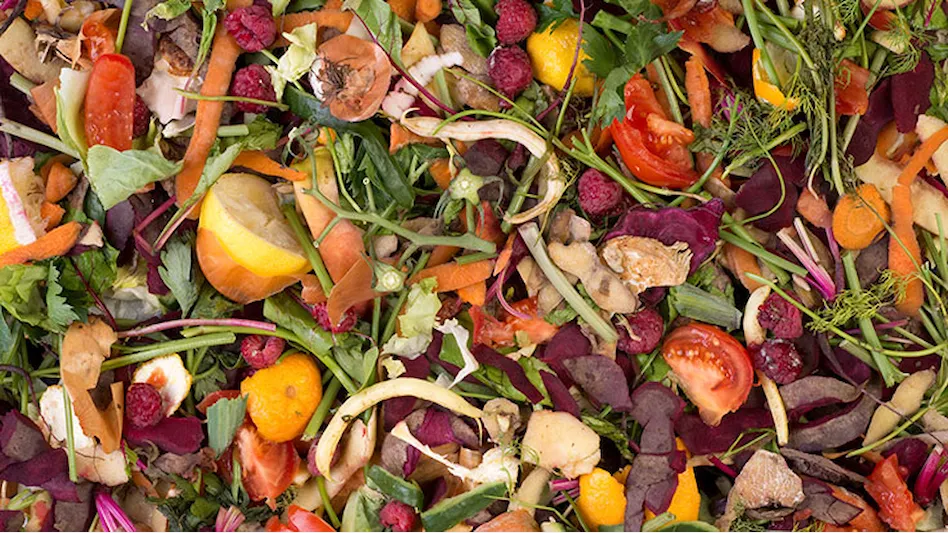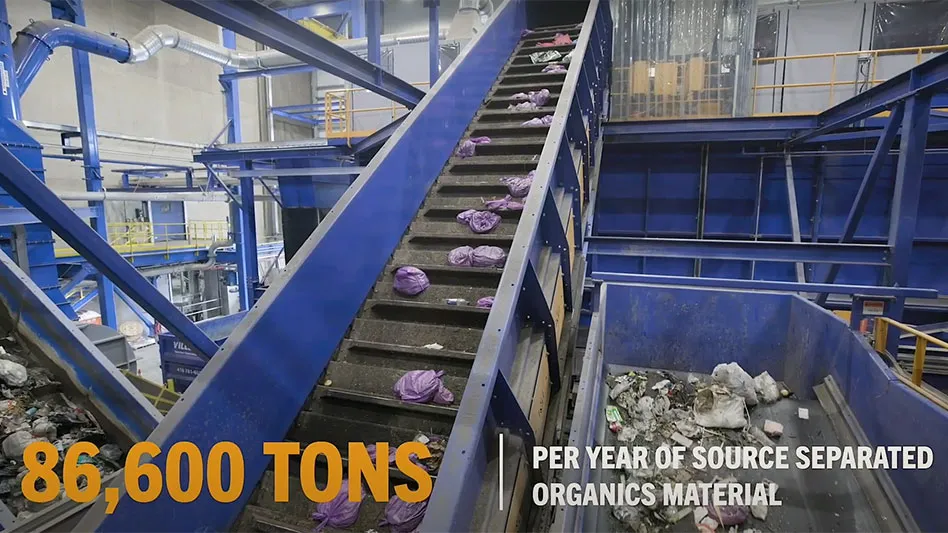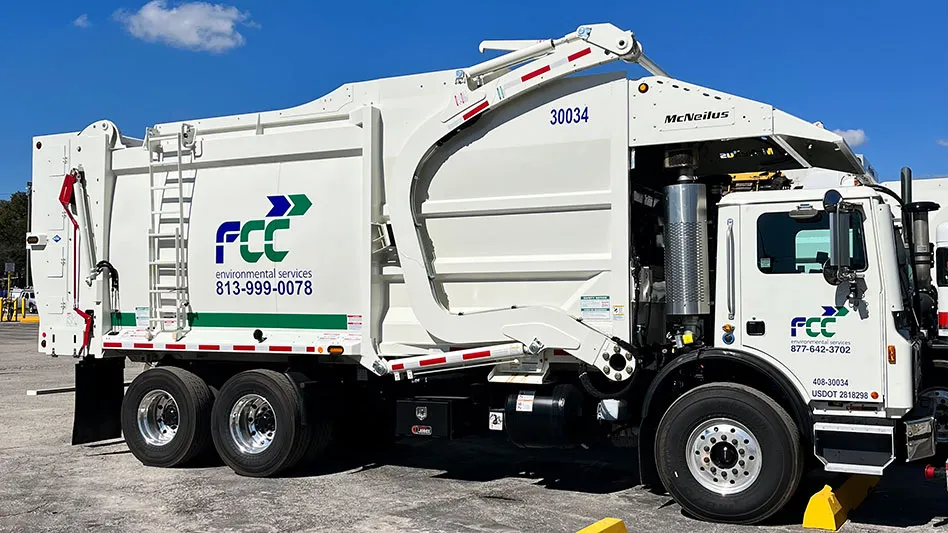
A team of scientists in Singapore discovered a type of yeast that can convert fats in food waste to butanol, a type of alcohol that can be used as fuel or to make cosmetics and textiles, in hopes of reducing food waste, a report by the Strait Times says.
Singapore produces over 600,000 tons of waste annually, according to the report. Last year, only 13 percent of the 785,000 tons of waste was recycled.
The National University of Singapore Synthetic Biology for Clinical and Technological Innovation program made the discovery after three years and $300,000 from the National Environment Agency. The team genetically modified the yeast Yarrowia lipolytica, which can naturally process fats, by inserting 10 extra genes into its cell. The extra genes allow the yeast to recover half of the waste’s weight in butanol.
According to the report, this process uses four times less carbon dioxide than incineration and half that of anaerobic digestion. It also uses less energy, requiring 33 kilowatt hours for a ton of waste while incineration required half of that. Anaerobic digestion requires 81 kilowatt hours, the report says.
The food waste is blended and the fats are extracted. The fats and engineered yeast are mixed together in a bioreactor, and the butanol produced is filtered out.
The project was showcased at the CleanEnviro Summit Singapore.
Latest from Waste Today
- Bioenergy Devco honored at SEAL Awards
- AMCS showcasing Performance Sustainability Suite at WasteExpo
- New Way and Hyzon unveil first hydrogen fuel cell refuse truck
- NWRA honors award recipients during annual breakfast at WasteExpo
- Rubicon selling fleet technology business, issuing preferred equity to Rodina Capital
- Machinex to feature virtual tour of Rumpke MRF at WasteExpo
- Reworld releases 2024 sustainability report
- Novolex invests in Ozzi





